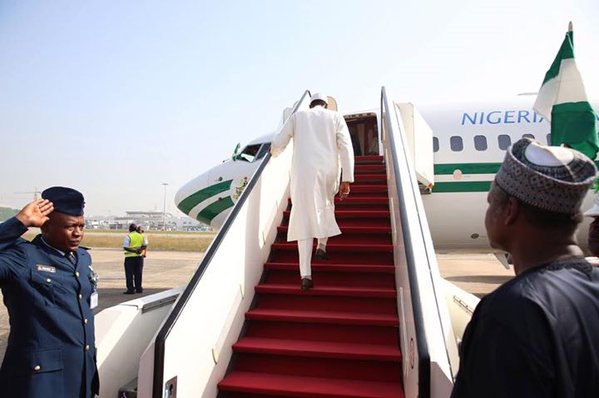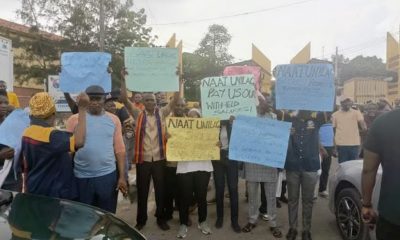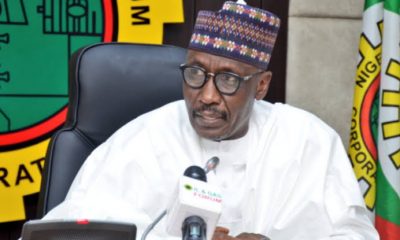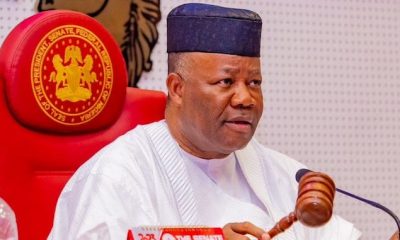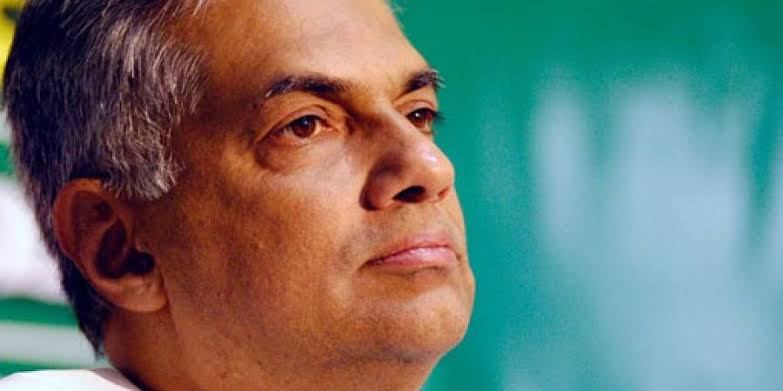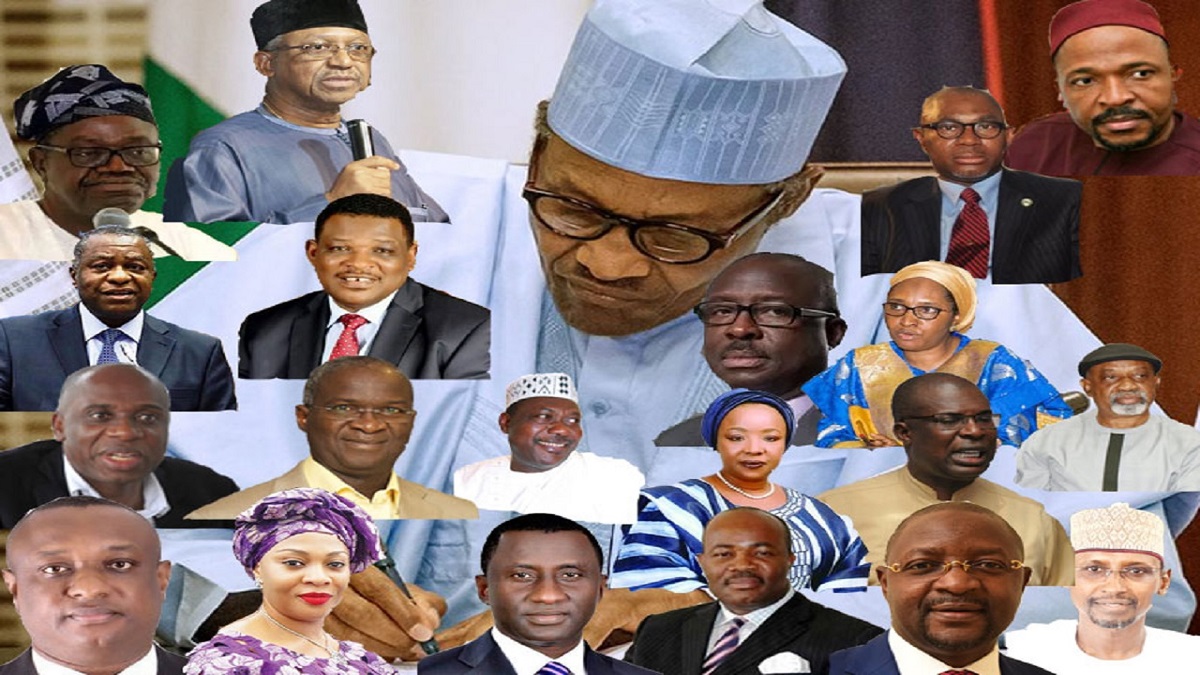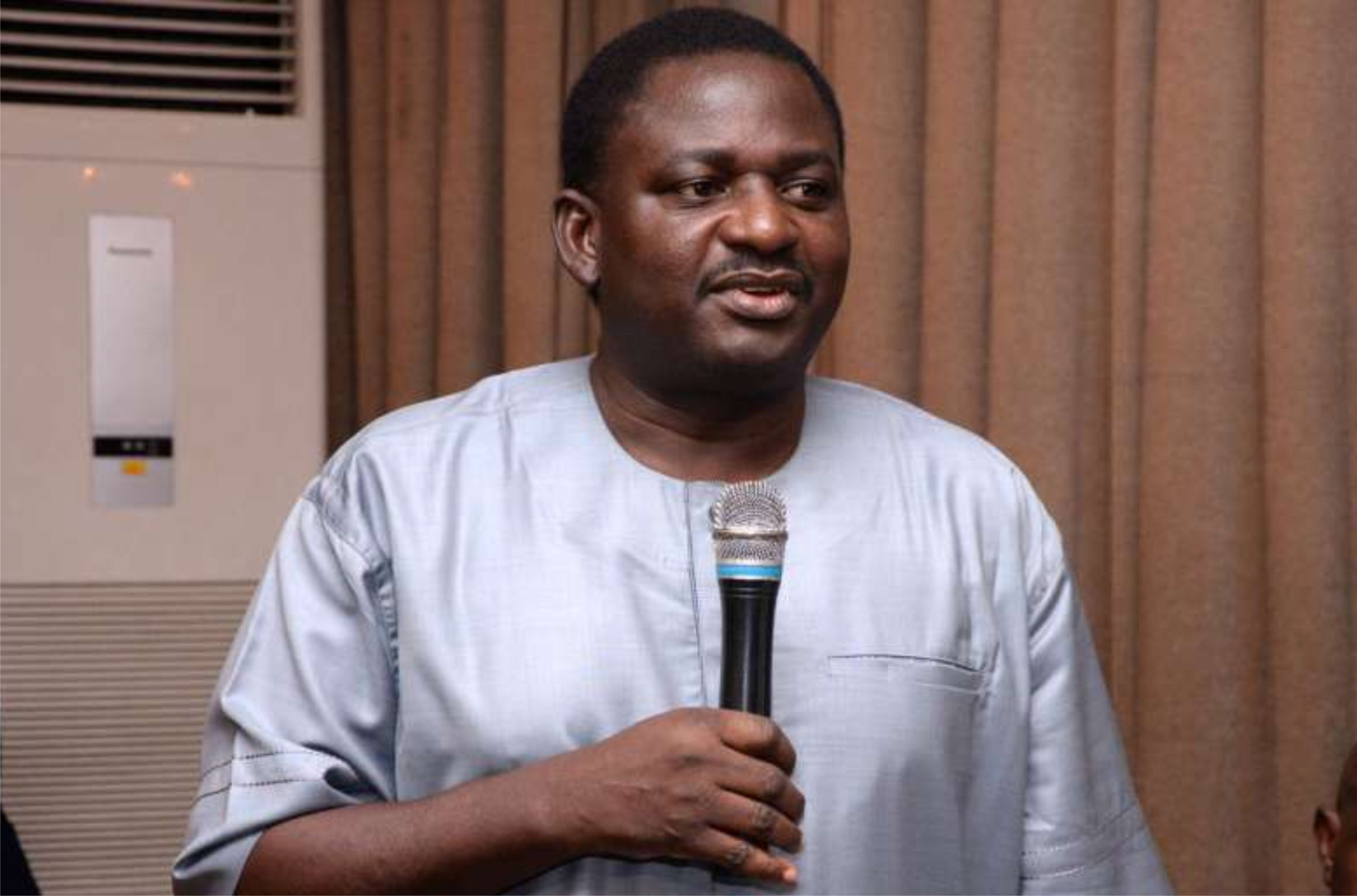By Odunewu Segun
Nigeria faces the biggest challenges to its constitutional democracy since the return to civilian rule in 1999 with the continued absence of President Muhammadu Buhari due to ill health.
The Acting President, Yemi Osinbanjo, is merely a figure head with no real power as every actions he had taken in the last 55 days were subjected to Buhari’s approval through a deep rooted cabal in the Presidency, some analysts have argued.
The recent statement by the Attorney General of the Federation, Abubakar Malami, distancing the Federal Executive Council, headed by Osinbajo, from a statement made by the acting President that the Senate has no power over Magu’s nomination is a pointer to this constitutional crisis.
This is not the first time some members of the FEC would openly slighted the acting President.
The issue of the ‘Coordinating Vice President’ saga is still fresh in minds, and many analysts believed that the clause was smuggled in by this Cabal without the ailing Buhari’s knowledge.
The aim, National Daily gathered was to check the ascendancy of Osinbajo, and when that didn’t work, the Cabal played politics with the signing of the 2017 budget, which also boomeranged eventually.
ALSO SEE: Buhari undead, here’s why Kyari, Saraki won’t break the news
According to an intelligence report by Economic Intelligence Unit (EIU), the uncertainty over Buhari’s health is likely going to lead to fractious political scene, violent unrest and severe economic difficulties in the coming years.
EIU, a business unit arm of the United Kingdom-based Economist Group which provides advisory services through research and analysis, said Buhari may be forced to leave office before the official end of his term in 2019.
Permutations on who becomes the President in 2019 is the reason why the Cabal has continued to cage President from public eyes, knowing fully well that his health status could not carry the huge burden any more.
According to the report, policy reform will be slow as efforts to introduce market-oriented reforms and diversify the economy away from oil come up against vested interests, ideological opposition and bureaucratic inefficiency.
It added that real GDP growth would ebb to recover from the recession of 2016, given an ongoing period of historically low oil prices and the weak policy response which will sap confidence in the economy more generally.
Similarly, the EIU projected that the average yearly inflation will rise further to 17 per cent this year owing to currency falls coupled with generally higher commodity prices, adding that greater currency stability will see inflation edge down, although not rapidly in 2018.

 Business7 days ago
Business7 days ago
 Football22 hours ago
Football22 hours ago
 Business7 days ago
Business7 days ago
 Education7 days ago
Education7 days ago
 Crime7 days ago
Crime7 days ago
 Covid-197 days ago
Covid-197 days ago
 Business7 days ago
Business7 days ago
 Latest5 days ago
Latest5 days ago
